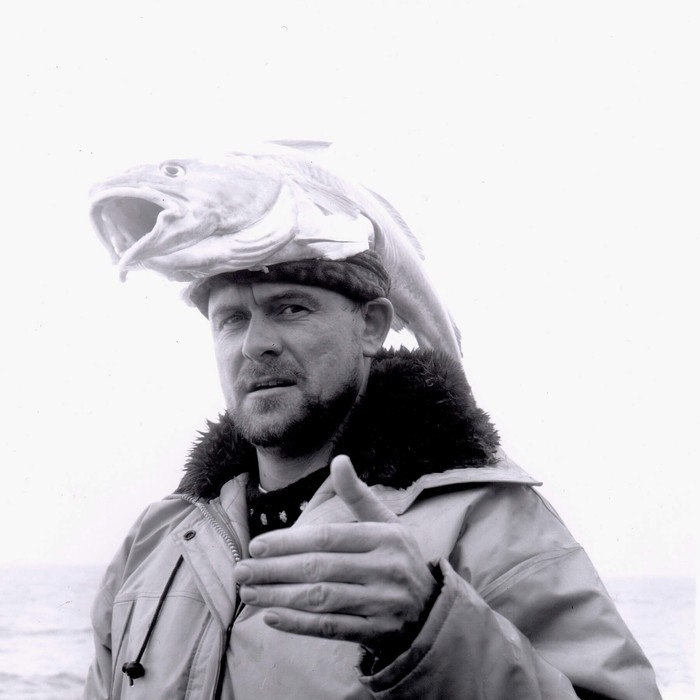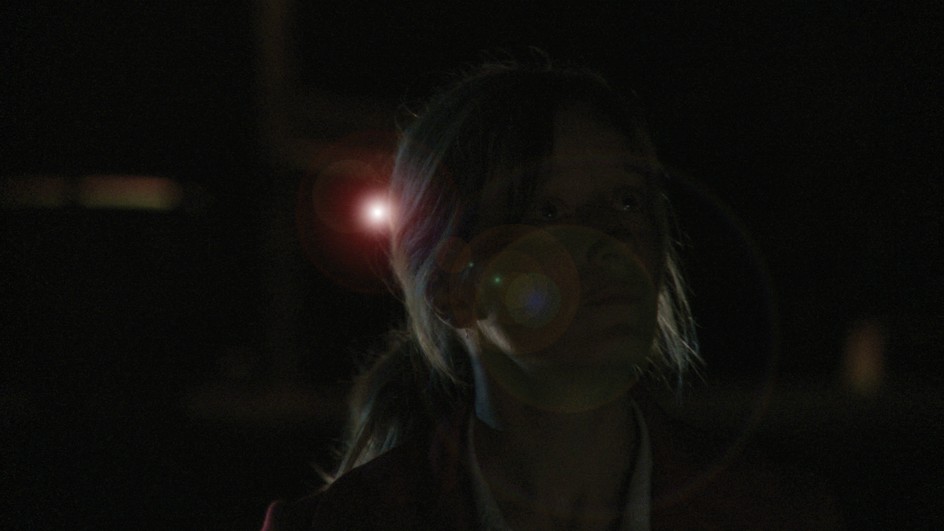
Visiting artist professor
2008 - 2009
Andrew Kötting
Born in 1959 in Bromley (United Kingdom)
"It is in the most improbable places that you are most likely to find happiness".(Gallivant)
Andrew Kötting trained at Ravensbourne College of art and design and the Slade school of Fine Arts in London
In the twenty years of his career, his work has developed from often rather absurd pieces from the very beginning of living-art, incarnating its own logic and saturated with revisited myths, short films with black humour, revealing surrealism imprinted with melancholy at the heart of English identity today, to two resolutely independent full-length films which use landscape (which is unusual among his peers, his involvement going beyond the urban framework) and journeys as a base from which to tackle questions of identity, belonging, history, as well as notions of group, and this with a remarkable visual approach and a new structure.
Such activity reflects both the diversity of his interests in form and his refusal to adhere to the idea that the work of art be a prisoner of its media. In the work of
Kötting, ideas and images often migrate between media, and in doing so become more powerful and more resonant. It is this open-mindedness as well as subversive intelligence and sense of farce that makes his work particularly tonic and fundamental.
Kötting's long films are radically opposed to most current British productions. Of the two films, Gallivant takes the lightest path*.* The truths specific to the island's coast are visited, revealed by three generations of the same family in a convoluted journey.
On the other hand, This filthy earth offers a blacker vision. After the chaotic and rebellious charm of "Gallivant", nothing prepares the spectator for its strange environment. The film materialises in images Kötting's instinctive parallel with the dispossessed, the regions, dialects, margins, the visionary, the body. All these are facets as it were of an attitude which refuses the production culturally in the majority eager for a rational and organised reality.
More than anything else, Mapping Perception is no doubt Kötting's project which illustrates the personal aspect the best - participative and pioneering in its form - in its approach to experience and the given artistic form. Both an installation, experimental documentary, book and CD rom. Mapping Perception is an ambitious initiative of research, an essay on the family and a poetic treaty. Made in collaboration with the curator Giles Lane, the neurologist Mark Lythgoe, and Eden, his daughter born in 1988 with Joubert syndrome, a rare genetic illness which affects the cerebral functions. An exemplary enterprise, with enormous precision and impact, Mapping Perception is remarkable particularly for Kötting's generosity, the love he shows for team work, to imagination and above all for his daughter.
Based on extracts from the book by Gareth Evans, translated by Catherine Gibert, for the catalogue of the 2004 La Rochelle Festival. With our thanks.

